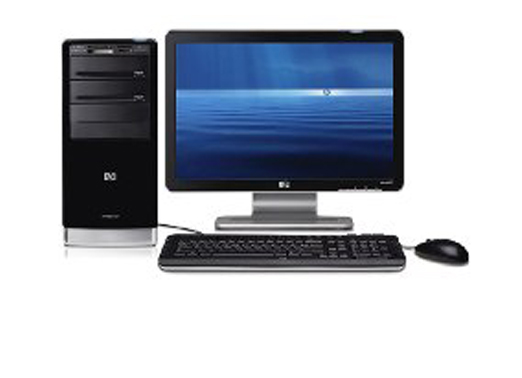CDN’s Top Newsmakers of 2011: Part Two
Each year, the CDN editorial staff sits down to discuss the events of the past year in the Canadian IT channel community, and to select CDN’s Top 25 Newsmakers of the year.
This year saw individuals and companies making the list for a variety of reasons, from major product successes and channel program investment to poor performance in the market.
In part two of our CDN Top 25 Newsmakers of 2011 slideshow series, we meet our final 12 newsmakers and our pick for top issue of 2011.
By CDN Staff

#14: Rick Reid of Tech Data Canada
Tech Data Canada had a busy year and it should be no surprise that its president Rick Reid has landed on our newsmakers list once again.
This fall, the distributor launched Lenovo’s ThinkPad tablet to its resellers and partnered with NEC and Asus. It also made strides with IBM, which announced it would give Tech Data autonomy with pricing for all deals $50,000 and under. The distributor also partnered with some lesser known, specialized companies. It signed a distribution agreement with Ruckus Wireless, providing its “Smart Wi-Fi” systems and technology to partners.
Tech Data also became the distributor in Canada for Fusion-io, a Utah-based storage vendor expanding out of its OEM-only channel by partnering with about 15 strategic partners here. Tech also formed a distribution agreement with Elfiq Networks of Montreal, which specializes in the development of telecommunications and security solutions.
Read more: #14 Newsmaker: Rick Reid of Tech Data Canada

#15: Ross Allen of Mcafee Canada
In February, Intel announced that it had dotted all the “I”s and crossed all the “T”s of its historic US$7.78 billion McAfee acquisition and for its Canadian chief Ross Allen, it meant full speed ahead on plans to leverage Intel’s technology advantage for channel partners.
First challenge for Allen was the SMB market in Canada. The subsidiary created a special section inside its McAfee Security Alliance program specifically for partners catering to customers of 250 employees or fewer.
But the caper for McAfee’s year was the unveiling of DeepSafe. According to McAfee, DeepSafe marks the dawning of a new era of security and the channel program needed to adapt and capitalize on this new security technology.
DeepSafe, co-developed with Intel, could be a game changer as it works as a protection layer beyond the operating system.
Read more: #15 Newsmaker: Ross Allen of McAfee Canada
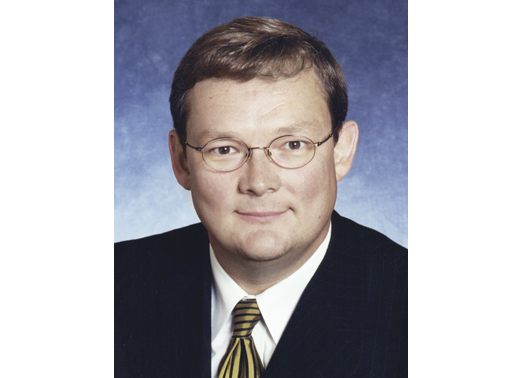
#16: Grant Aitken of VMware Caanda
The general manager of this virtualization vendor’s Canadian operations was our number one newsmaker in 2008. He’s fallen down the list, but that doesn’t mean Grant Aitken and VMware have stopped making news. It just means that virtualization has become mainstream, thanks in no small measure to VMware’s leadership over the years.
All of VMware’s product releases and developments this year centred around two key trends: the development of the hybrid cloud, and virtualization and consumerization driving the “post-PC” era.
The messaging for partners at the VMworld user conference was that virtual machines now outnumber physical machines, and that means changes for device management and application delivery. IT can no longer manage the device. VMware wants them to manage people, releasing several offerings to help.
Read more: #16 Newsmaker: Grant Aitken of VMware Canada

#17: Bill Hishon of IDS Canada
This year was the first that the Canadian channel community had heard of Intelligent Data Systems Canada, or IDS, a company created after the acquisition of five print businesses from Quebec in 2011.
The company was created with the help of private equity funding and the merging of IDS Ricoh and DCI Services, both of Montreal, and La Vie au Bureau, EBQM and VOB Technologies, all of Quebec City—all under the leadership of CEO Bill Hishon. Later this past summer, IDS made another acquisition of Quebec City-based Maison LaCouline Inc.’s printer and copier business. This year, the company has also been working on acquisitions in the Greater Toronto Area, where entering the playing field is admittedly more challenging.
The company’s overall portfolio now includes copiers, printers, and other technology products as well as equipment maintenance services, managed print services and related consulting.
Read more: #17 Newsmaker: Bill Hishon of IDS Canada

#18: Michael Sharun of EMC Canada
In 2011, under Canada country manager Michael Sharun, EMC made some channel strides by launching products solely for its partner community to sell and adding incentives for partners selling to the SMB market.
To bring in more partners EMC added an Authorized level to its partner program and created new arrangements with distributors Ingram Micro, Tech Data, Synnex and others.
It wasn’t all great news, though. Most recently, after much industry speculation, Dell ended its reseller relationship with EMC in favour of touting its own storage products.
Early in the year, EMC launched its unified storage family geared toward the SMB market. It also launched its Data Domain GDA DD890 and DD860 deduplication storage systems this year, in what it called “most significant disk-based backup advancements in company history with new products, system enhancements, integration initiatives and performance gains.”
Read more: #18 Newsmaker: Michael Sharun of EMC Canada
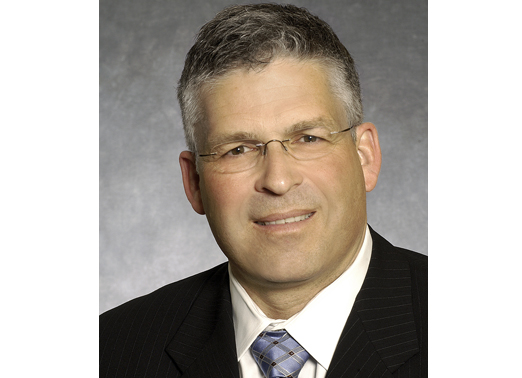
#19: David Miketinac of Dell Canada
David Miketinac joined Dell Canada this year as its channel sales lead for the subsidiary, and the 16-year Dell veteran didn’t waste any time putting his stamp on the channel program.
Shortly after moving to Toronto he announced new changes to the PartnerDirect channel program. Miketinac said he hopes the new structure will help drive more Dell solutions and certifications.
Also part of the plan was new training, rebates and deal registration offerings. Deal registration increased to 180 days. Another important aspect of the new program was two new levels.
Miketinac has also been quite astute to influence channel partners to sell complete solutions for more profits rather than chase down low margin business. With this approach he reported channel profits through Dell rose six per cent.
Read more: #19 Newsmaker: David Miketinac of Dell Canada
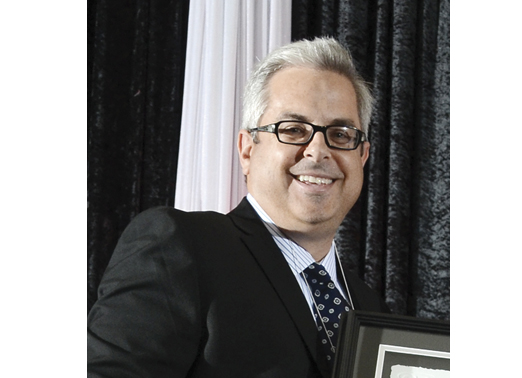
#20: Theresa Caragol of Ciena
Nearly two years after winning the bidding for Nortel Networks’ Metro Ethernet Networks business, networking vendor Ciena Corp. is moving aggressively to market with a new channel program and technology roadmap.
Ciena and Theresa Caragol, the vendor’s vice-president of global alliances and partners, revamped its BizConnect channel program in January to help partners drive more business. It turned BizConnect into a more value-based program with partner resources such as new vertical and solutions specializations, pre-sales courses, an automated market development funds tool and portals.
Ciena recruited new partners and rationalized others as it combined the Nortel and Ciena partner bases. Today Ciena has about 150 partners, including 10 to 12 in Canada.
Read more: #20 Newsmaker: Theresa Caragol of Ciena Corp.
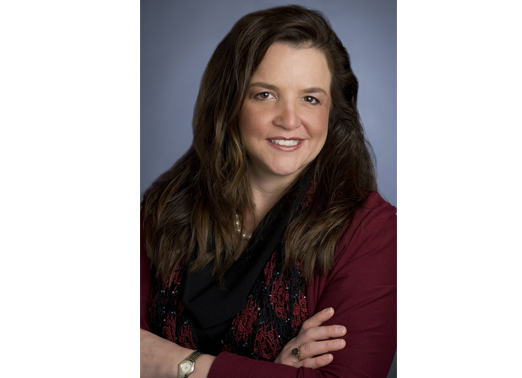
#21: Doug Cooper of Intel Canada and Michael Murphy of Symantec Canada
You couldn’t find two better executives to represent your company in Canada than Intel’s Doug Cooper and Symantec’s Michael Murphy. Both left their respective organizations in 2011 after long and stellar careers.
Cooper went to work for Intel, then a fledgling microprocessor manufacturer, at its Canadian subsidiary in 1983. After a long sabbatical, he decided to leave his post to work part time for a venture capital company in the Tech Triangle. In 2003, CDN named Cooper that year’s Top Newsmaker.
Murphy didn’t last as long as Cooper did, but ended up with pretty spectacular career at the security vendor spanning more than 16 years. Murphy was a familiar face in the Canadian channel, running the vendor’s Canadian subsidiary as vice-president and general manager for Canada. He was also a regular on CDN’s Top 25 Newsmakers lists.
Read more: #21 Newsmakers: Doug Cooper of Intel Canada and Michael Murphy of Symantec Canada

#22: Ben Bar-Haim of AMD Canada
While it’s long been in the shadow of rival Intel Corp, chipmaker AMD Inc. was the processing newsmaker of 2011 with a number of high profile product launches and innovations that shook up the market and leave the company poised to gain ground on its traditional rival.
It began in January in Toronto when Ben Bar-Haim, general manager for AMD Canada, unveiled the vendor’s new Fusion processor line. Fusion is the first processor family to combine the central processing unit and the graphics processing unit (GPU) onto a single piece of silicon. The GPU is becoming increasingly important to the performance of modern computers as video becomes more pervasive, and Fusion’s approach allows for improved performance with savings on space and power consumption.
Much of the GPU knowledge and expertise comes from AMD’s acquisition in 2006 of Markham, Ont.-based ATI Technologies. Of the 1,800 people of AMD Canada’s research facilities centred in Markham, more than one third were involved in the Fusion project.
Following another launch in June, Fusion now includes three product families. The A-series APUs will target mainstream laptops and desktops, and the C-series and E-series are for mobile devices, such as netbooks and tablets.
Read more: #22 Newsmaker: Ben Bar-Haim of AMD Canada

#23: Kevin Krempulec of Kaspersky Canada
It was a big year for security and a big one for Kaspersky Canada, under the direction of general manager Kevin Krempulec, as the company launched new managed services offerings and ramped-up partner rewards.
Early in the year, Krempulec said the security vendor would push forward in both the SMB and large enterprise, and it did indeed launch products aimed at both segments.
During its Americas partner conference in February, it launched a managed services offering, initially targeting partners with established managed services practices, so they would have the security expertise to roll out the solution immediately.
The vendor also targeted the small office market with Pure Total Security, a product that enables one user to centrally manage security on multiple PCs and devices. First came Kaspersky Small Office Security (KSOS), targeted at very small businesses with under 10 employees. In October, it launched Endpoint Security 8 for Windows and Kaspersky Security Centre.
Read more: #23 Newsmaker: Kevin Krempulec of Kaspersky Canada

#24: Kevin Thornton of Corel
The last time Corel made significant news was in 2003 when private equity firm Vector Capital acquired the one-time biggest software company in Canada for just over a buck a share. Kevin Thornton, Corel’s senior vice-president of sales and marketing for the Americas, wants the maker of CorelDraw to return to its former glory.
In 2011, Corel presented a full line-up of digital media and graphics software products at one of the must-attend trade shows, Computex in Taipei, and Thornton unveiled a new partner portal called Corel Partners.
One thing the portal doesn’t have is a lead generation engine. Thornton said that might come in the future if channel partners want it. Thornton also partnered with a specialty distributor in the virtualization market, Lifeboat Distribution. All of Corel’s products are still available at Ingram Micro Canada and Synnex Canada, but will now be on Lifeboat’s line card. Lifeboat sports a channel network of about 5,500 solution providers.
Read more: #24 Newsmaker: Kevin Thornton of Corel Corp.
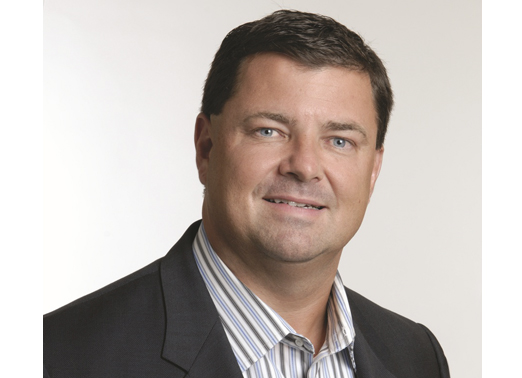
Issue: The death of the PC?
Nearly everyone has a computer at the office and often one at home, but the hype around tablets and smartphones in 2011 had many analysts and vendors proclaiming the looming death of the personal computer this year. Well, forgive us, but reports of the death of the PC have been greatly exaggerated.
Many analysts pointed to the high rates of tablet and smartphone adoption to show the PC is becoming passé. Virtualization vendor VMware noted virtual machines have now surpassed physical machines and declared we’re entering the post-PC era. The theory is that with increasingly powerful and portable form factors being created, the PC is fading away. But it just doesn’t hold water. Tablets and smartphones aren’t replacing PC; they’re complementing them.
Read more: Top issue of 2011: The alleged death of the PC
